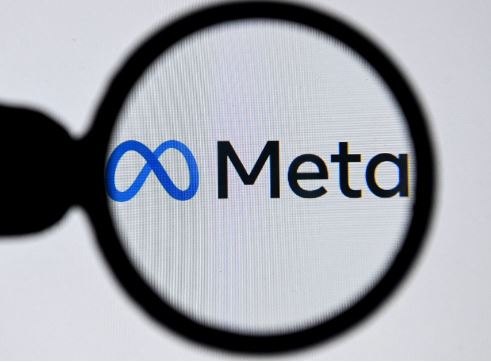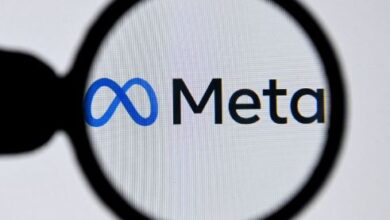Meta Challenges FTC’s Authority in Landmark Lawsuit

Meta, the parent company of Facebook, has initiated a lawsuit against the U.S. Federal Trade Commission (FTC), challenging the constitutionality of the agency’s in-house enforcement powers. This legal action represents a significant escalation in the ongoing tension between the tech giant and regulatory authorities.
The core of Meta’s lawsuit is the contention that the FTC’s administrative court possesses “structurally unconstitutional authority,” particularly in how it enforces cases against companies. This follows Meta’s unsuccessful bid to prevent the FTC from reopening a 2020 enforcement order that accused the company of privacy violations against children. Meta’s legal argument is that the FTC’s unilateral actions to modify their privacy settlement agreement raise serious questions about the agency’s constitutional authority and Meta’s due process rights.
Meta’s challenge to the FTC’s authority is grounded in the claim that the agency’s ability to act as both prosecutor and judge in its enforcement actions violates the company’s due process rights. This argument is part of a broader legal debate regarding the powers of regulatory agencies. The FTC currently has two methods of enforcement: filing a lawsuit through a federal court or bringing a case directly to a company through its administrative process, a structure established by the FTC Act of 1914.
The implications of this lawsuit extend beyond Meta and the FTC. Other companies and regulatory bodies are watching closely, as similar challenges to authority are being made against other agencies like the Securities and Exchange Commission and the Consumer Financial Protection Bureau. For instance, Illumina, a gene sequencing equipment maker, has a pending challenge against the FTC’s in-house court related to its acquisition of cancer test-maker Grail.
This legal battle between Meta and the FTC is set to be a landmark case, with potentially far-reaching implications for the regulatory landscape in the United States. The outcome could redefine the balance of power between large technology companies and the government agencies tasked with regulating them.





